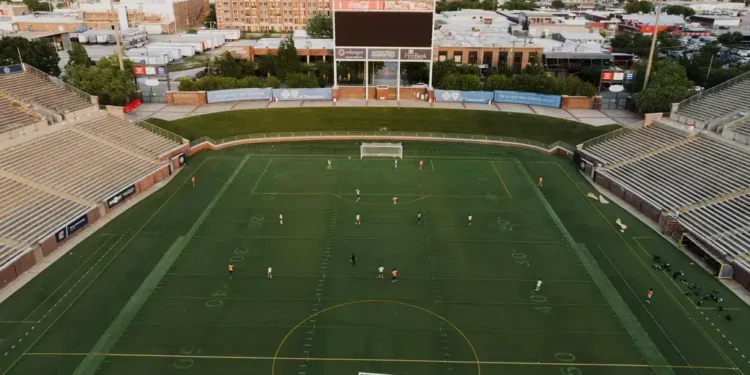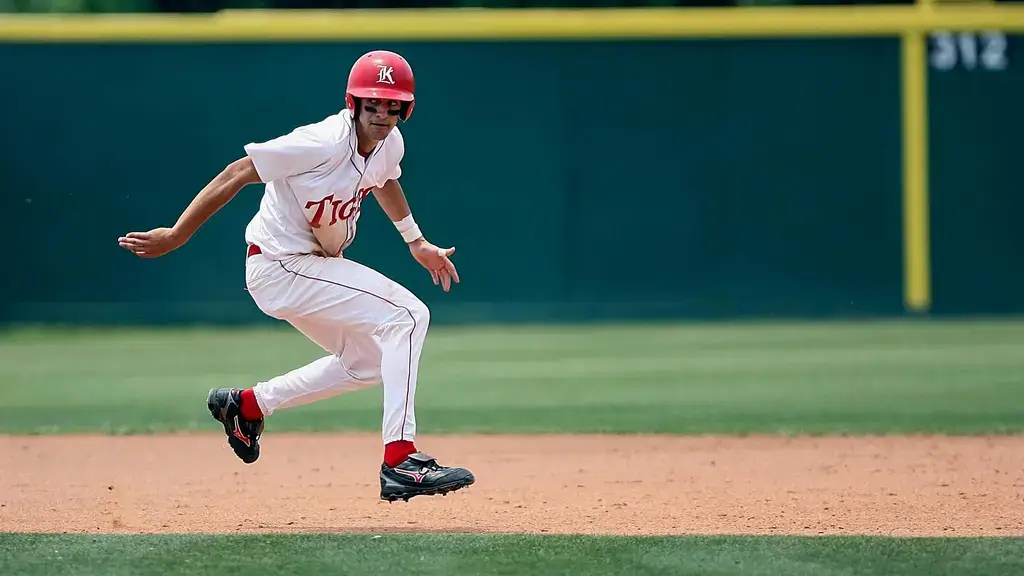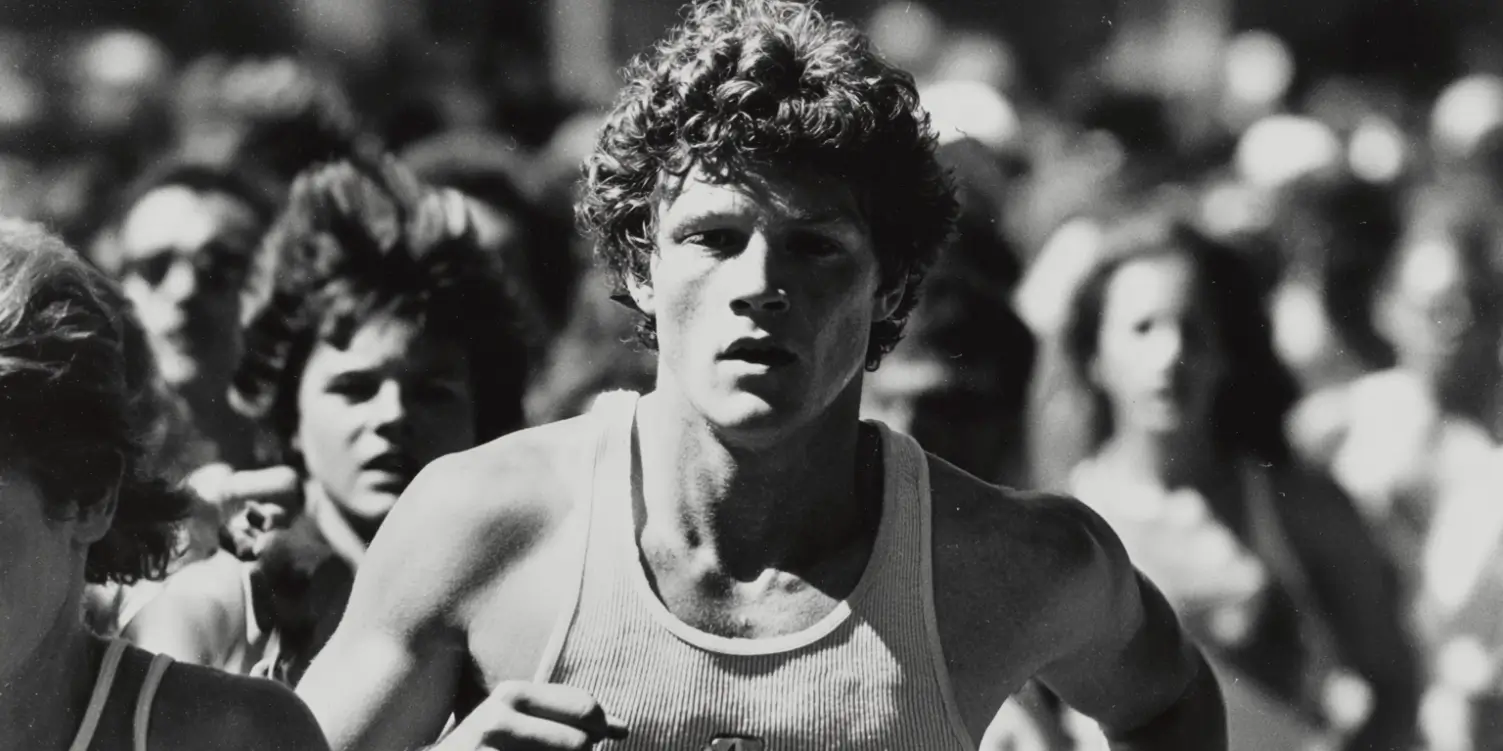The National Women’s Soccer League (NWSL) match between Gotham FC and Orlando Pride was halted by a frightening incident when Gotham FC’s midfielder, Savy King, unexpectedly collapsed on the field. The incident, occurring just after the half-time break, left players and fans alike in a state of shock and concern for King’s well-being.
According to onlookers, the game was progressing intensely when Savy King suddenly went down without any prior physical altercation or foul play involved. Medical staff rushed to the scene as players from both teams formed a circle around King, visibly shaken and providing an impromptu shield from the onlooking crowd and cameras.
Decision-Making Under Pressure
While the medical team attended to King, discussions amongst team officials, referees, and NWSL representatives began regarding the immediate future of the match. Player safety is always the top priority in any sports event, and in a profession where physical prowess and health are daily challenges, any semblance of incapacity cannot be taken lightly. However, the questions arose whether the correct decision was made to proceed with the game.
Though King was eventually conscious and transported off the field for further medical evaluation, the emotional toll of the event was apparent on all involved. Calls from fans, pundits, and some members of the soccer community began to clarify that such incidents should automatically result in an abandonment of the match for the well-being of everyone involved.
Emotional and Psychological Impact
The ripple effects of witnessing a fellow player collapse cannot be underestimated. Professional athletes are trained to deal with intense pressure and maintain focus, yet incidents involving the health and safety of a colleague can deeply affect mental states and emotional well-being. For some players, continuing a game under such circumstances might feel both physically and emotionally challenging.
In various sports worldwide, such as when Fabrice Muamba collapsed during a Tottenham Hotspur match, or the Christian Eriksen incident at Euro 2020, we’ve seen the psychological distress these moments inflict upon all who witness them. The NWSL, like other leagues, faces the question of how best to address such emergencies to not only protect player health but also consider the mental health of everyone on the field and in the stadium.
Guidelines and Protocols
The NWSL, as part of continuing to professionalize and ensure the safety of its participants, has established protocols for handling medical emergencies. These guidelines typically include immediate medical intervention, assessment of the player’s condition, and a joint decision with medical staff, referees, and team officials about the continuation of the match.
However, given the emotional weight of witnessing a player collapse, some argue that additional considerations should be embedded into these protocols. Perhaps automatic match suspension or at least a thorough reevaluation period could provide players, staff, and fans the psychological reprieve needed to process the incident before determining whether to resume the game.
The Role of Stakeholders
Stakeholders, including the league organizers, team franchise owners, players’ unions, and fans, all have a vested interest in the outcome of the game’s handling. Ensuring a unanimous position on game suspension specifics from this multi-sided engagement could set a precedent for future incidents, providing a robust framework for decisions under similar circumstances.
The trend towards prioritizing mental health along with physical health in sports is evident. With growing awareness and positive steps in managing athlete welfare, both during and outside of play, the NWSL has the opportunity to take the lead in setting exemplar standards for crisis management and player safety.
Moving Forward
The incident involving Savy King is a sobering reminder of the unpredictable nature of sports. It highlights the ongoing discussions about safety protocols and the preparedness of leagues to handle crises effectively. While the league continues to deliberate on improvements to its systems to ensure player and spectator well-being, voices advocating for a more cautious approach to continuation of play after severe incidents grow louder.
As players, fans, and league bodies reflect on what occurred and how it was handled, the story of Savy King serves as a call to action. A future where a comprehensive protocol exists to guide decisive action in critical moments is the goal. Moreover, it underscores the community’s unyielding support for its athletes, emphasizing a shared commitment to the well-being of all involved.
Ultimately, the health and safety of players must remain paramount, and as such, the advocacy for match abandonment in serious medical emergencies might become not only best practice but the standard across sports.






